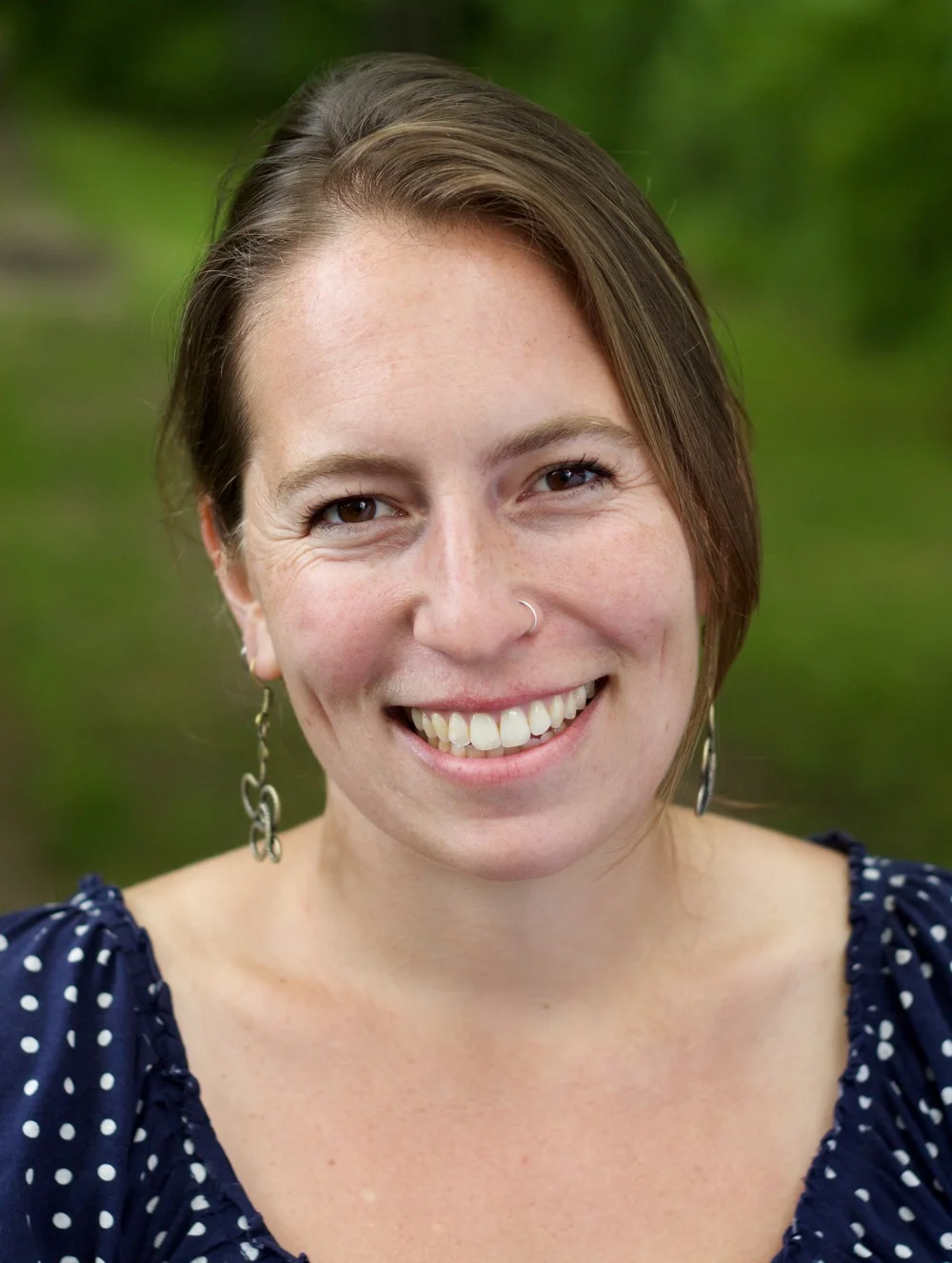Thinking Intersectionally About Women and the US Peace Corps
If you search Twitter for the hashtag #intersectionality, you'll find an array of posts: thoughtful expressions of personal experience, observations about social patterns and yes, rants about feminazis. But one stood out to me as I was completing my recent IFJP article on women in the Peace Corps:
The concept of intersectionality draws on decades of thinking and research by feminists about the various ways that pieces of our identity interact. An intersectional framework is based on the idea that different systems of oppression (racism, sexism, etc.) are interlocking, and shape each other. But the word’s entry into common parlance--and social media--has frayed its edges a bit. In my new article, I draw on intersectional thinking to understand the experiences of women international development workers.
Using the case of the US Peace Corps, my article explores what it means to be an American woman doing development work, and analyzes how people’s experiences abroad are shaped by race, gender, and nationality.
My study subjects work in both an organization (the Peace Corps) and a field (international development) with strong colonialist overtones. One respondent shared how race shaped their interaction with the Peace Corps explaining, “Eastern Europe] hasn’t had a lot of people of color come to their communities, and they [the Peace Corps] tell[s] you, “You kind of figure it out.” They don’t come out and say, “They hardly ever see any minorities come here so they’re going to stare at you.” … They kind of disguise it in “safety and security, don’t talk English if you’re in a train, don’t be out late, if you’re drinking go with another person” but they don’t really say, “You might have a problem [because you’re Black].”
Photo credit: US Embassy
And yet my results—derived primarily from interview data, triangulated against document analysis—also show that, through interplays of gender, race, and nationality, women often get privileges that are usually reserved for other groups.
As one participant notes: “Being a woman in Mali at that time, a young White woman – it’s interesting because I wasn’t really a woman, but I wasn’t a man. I was in this weird category. People didn’t know really. They considered me a woman but not a Malian woman, and I could do things that Malian women couldn’t do.”
As I explore in my article, respondent clearly perceived herself as occupying a type of liminal gender space, in which her gender was transformed by her Whiteness into something different: “a woman but not a Malian woman.” That is, White women receive some degree of “male” privilege because of their race, while some volunteers of color receive “White” privilege because of their nationality. Both groups are vulnerable to violence, but for different reasons.
And while these experiences are individual, the organization plays a role in shaping them. Organizations are stamped by their histories, and by the logics and culture that created them. This is true in the Peace Corps as well: because it doesn’t challenge conventional race and gender privileges, it lacks the organizational orientation and capacity to address safety and assault among women volunteers, and elides responsibility for participating in broader systems of oppression. Understanding how these institutions function and how women experience gender and race abroad can be a corrective both for the Peace Corps, and for development generally.
Read the full article here: “The “male” privilege of White women, the “White” privilege of Black women, and vulnerability to violence: an intersectional analysis of Peace Corps workers in host countries“
Meghan Elizabeth Kallman is an Assistant Professor at the School for Global Inclusion and Social Development at UMASS Boston. She studies development, organizations, and public management.
Each blog post gives the views of the individual author(s) based on their published IFJP article. All posts published on ifjpglobal.org remain the intellectual property and copyright of the author or authors.




